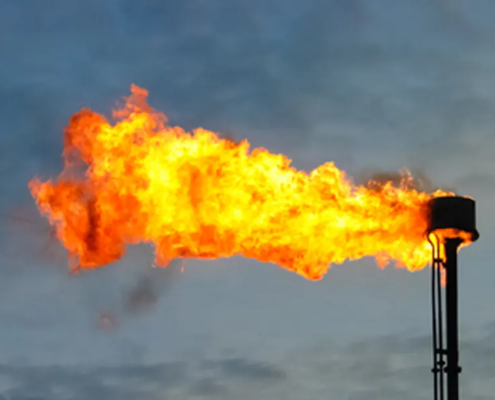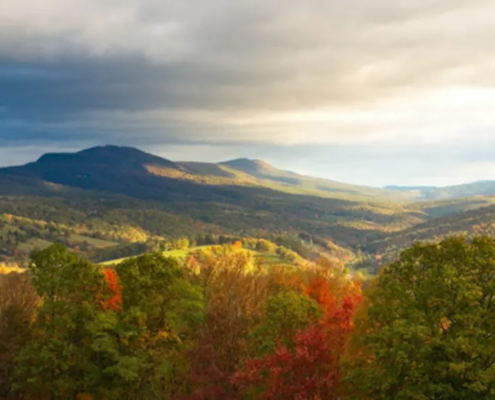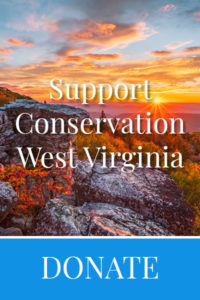
Will Carbon Offset Agreements – Or Conservation Easements — Survive in West Virginia?
If you are looking for another example of how the Legislature in West Virginia favors big industry over the little guy, look no further than SB 822, introduced in the Senate on February 16, 2024. This bill attacks carbon offset agreements and…

SB 171: No Good Deed Goes Unpunished
Unfortunately, the West Virginia Senate has adopted the wholly undemocratic practice of advancing bills at the opening of the annual legislative session without public notice, referral to committee or debate. Senate Bill 171, passed unanimously…

The Virginia Acorn Program – An Idea for West Virginia
This year, Virginia donors sent 12 tons of acorns and other tree seeds to the Virginia Department of Forestry to secure Virginia’s arboreal future. It is all part of a decade-old program to grow and plant hardwood seedlings in Virginia’s…

Carbon Offset Agreements at Risk
Carbon offset agreements are private contracts between emitters of greenhouse gasses and owners of forested lands. These lands act as a natural carbon sink. West Virginia's trees remove carbon dioxide from the atmosphere and convert the carbon…

Where Are We On PFAS Protection in West Virginia?
PFAS is an acronym used as shorthand for several related synthetic chemical compounds. These compounds have unique properties that make them highly stable and resistant to degradation in the environment. For that reason PFAS are called "forever…

No Escape from Fossil Fuels: SB 188 Facilitates Natural Gas Power Plants
In West Virginia, environmentalists need to be realistic about how far the state can depart from fossil fuel power generation. Much of the state’s economy and many jobs are tied up in fossil fuels, both coal and natural gas. Currently, West…

Land Use: Where the Action is at the 2023 Legislature
Midway through the fourth week of the 2023 legislative session, it is possible to get an overview of what seems important to legislators and their constituents. It is land use, both public and private. Several important bills affecting how we…

West Virginia Has Always Been for Sale. Why Should Now be Different?
West Virginia has had one long history of selling valuable natural resources and public lands to commercial interests. When the dust settles from these transactions and they can be viewed without the hyped rhetoric of the moment, we often conclude…

Join the “Go North” Corridor H Coalition
The Division of Highway’s proposed final route for the Corridor H Highway is the so-called “Canyon Route" between Parsons and Davis which would construct a massive concrete overpass with numerous exit ramps between the historic towns of…

2022 Candidate Endorsements
Conservation West Virginia is pleased to announce the candidates we endorse for the West Virginia House of Delegates and Senate in November’s statewide election. We focused on nineteen races throughout the Eastern third of the state. To make…

